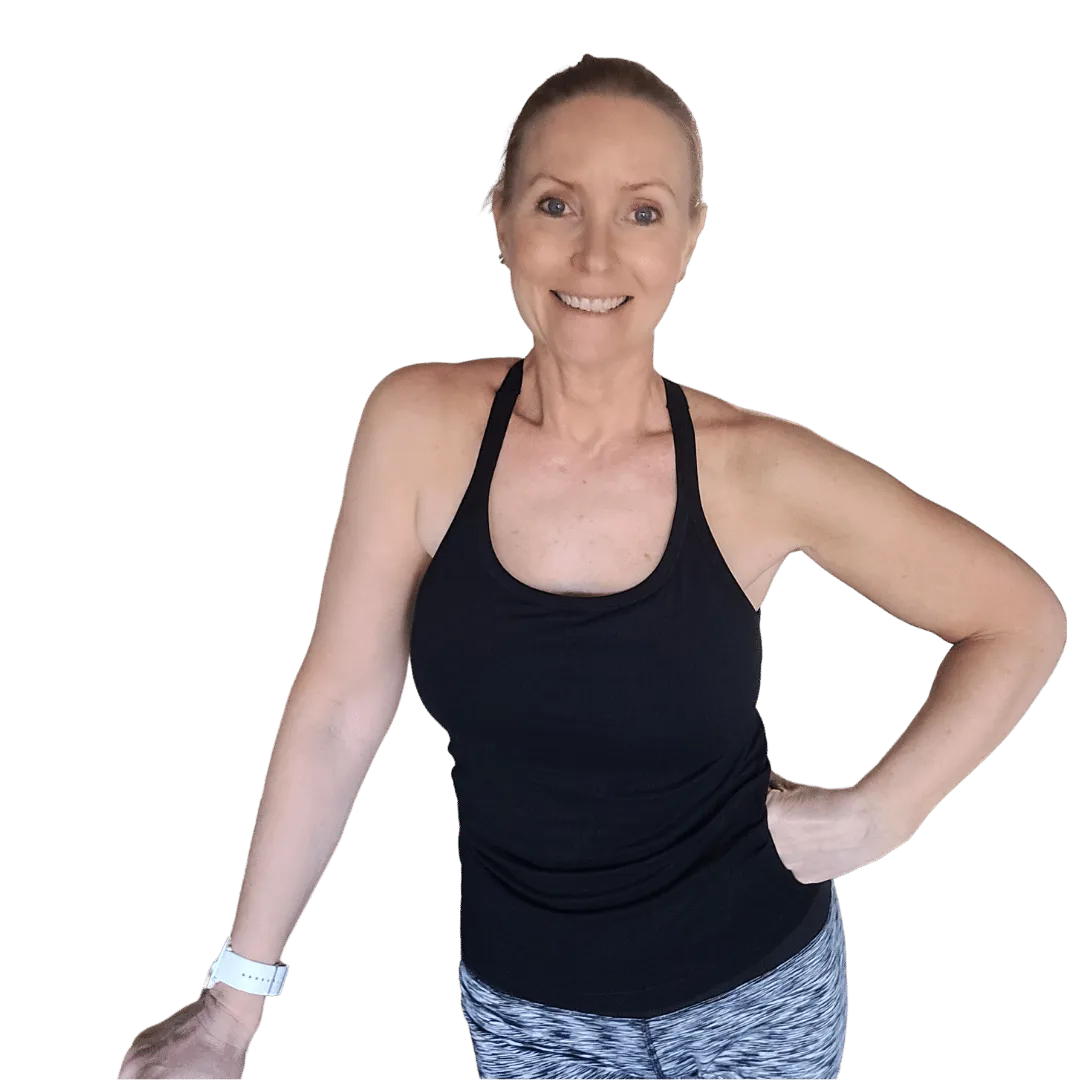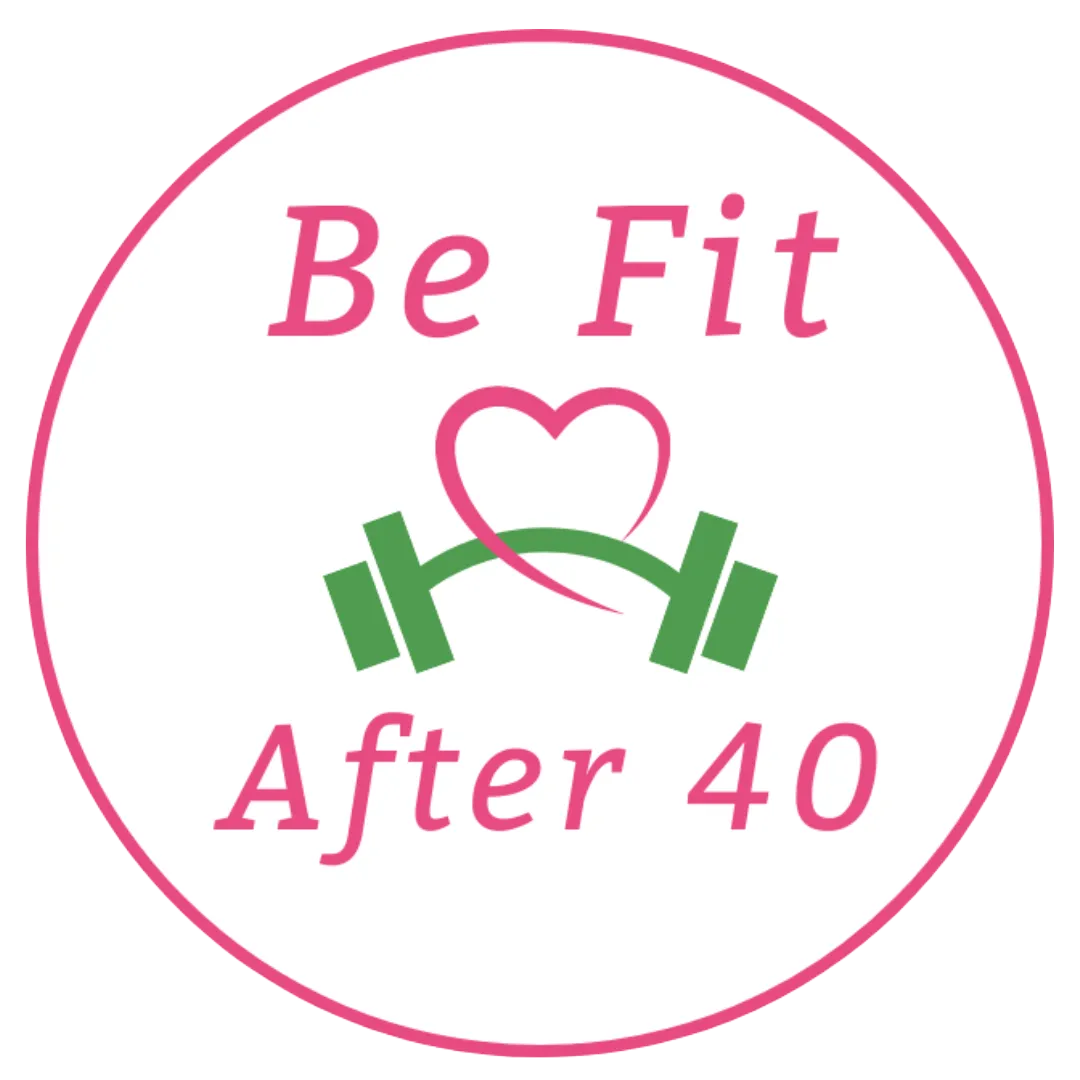Perimenopause and HRT My Personal Story
Perimenopause and HRT – My Personal Story
For years, I had no idea what was happening to me. I was falling apart — and I didn’t know why.
I was in my early 40s, and I thought this was just how life was when your marriage wasn’t great and you were juggling kids, work, and all the responsibilities that come with midlife.
I had been told I was going through menopause, but neither I nor the doctors who were treating me realized that all the changes that were wreaking havoc on my life were related to my changing hormones.
The years I spent in the dark
At age 43, I was diagnosed as being in menopause by my OBGYN. At the time, she asked me if I had any symptoms. The only symptom of menopause that I knew about at that time was hot flashes. And yes, I had them, but they were not disruptive. I told her as much to which she answered ‘good’ and sent me on my way.
I realized years later that I had a LOT of symptoms of menopause. I just didn’t know that’s what they were.
Hot flushes & night sweats
In addition to the stereotypical hot flushes and night sweats, I struggled with sleep. My husband snored which didn’t help, and that became a big issue in our marriage: that he was preventing me from getting decent sleep.
Low libido
My libido was long gone. I chalked up to the state of my marriage and thought that was pretty normal for a woman my age.
Depression
One of the biggest symptoms for me was mood changes. I was irritable, sad — and it wasn’t like me.
I was diagnosed with depression, put on antidepressants, and went to weekly therapy. But a year later, I was actually worse. My depression had deepened, not improved.
Brain fog
Then came the brain fog. The old me could remember everything people told me: names, details, deadlines. Suddenly, I had to write it all down. Every single thing. I’d started a new job. Learning new people’s names was hard, and keeping up with information that used to come easily now felt like constant effort.
I’d always been sharp and organized, but now I needed lists for everything. I filled notebooks with notes on everything from every encounter I had with anyone during my workday so I could refer to them later.
Hair loss
And then there was the hair loss. I was going bald. My shower drain kept clogging with all the hair I was losing, and I was spending more and more time styling my hair every morning: combing over the bald patches.
I googled for ways to hide my thinning hair and even got fitted for a wig. It was really getting bad.
Through it all, I was still exercising and eating well, but I felt like a shadow of myself.
Professional help
The most frustrating part is that I wasn’t ignoring any of it.
I had professionals all around me: my gynecologist, my therapist (who was a 50-something woman), and a psychiatrist who prescribed the antidepressants. But none of them connected the dots.
It’s honestly unbelievable to me now that so many smart, experienced people — myself included — missed what was really going on.
And it stayed that way for years.
Turning my life around by advocating for myself
Until one day, by complete chance, I came across an article titled “13 Most Common Symptoms of Menopause.”
As I read through the list, I realized I had every single one.
That was the moment it finally clicked. It all made sense: all my weird problems, why the antidepressants and therapy were not working.
I started looking for a gynecologist who specialized in midlife women and hormone replacement therapy (HRT) — because that’s not a given. Many don’t.
When I finally found one and began treatment, things started to improve.
My sleep improved. I came out of my depression. I could remember things again.
And for the first time in years, I began to feel like myself again.
Six months into HRT, I was feeling so good that I actually did something I thought I would never do: I started dating again.
Looking back now
I share this story because I know how easy it is to miss what’s really happening.
You might think it’s stress. Or burnout. Or just getting older. But if you’re in your 40s or 50s and you’re feeling off - tired, emotional, foggy, or not like yourself - it might be perimenopause.
If you suspect that might be the case, educate yourself and find a doctor who understands HRT and menopause care to talk to.
It took me years to connect the dots. I hope you can do it faster.



